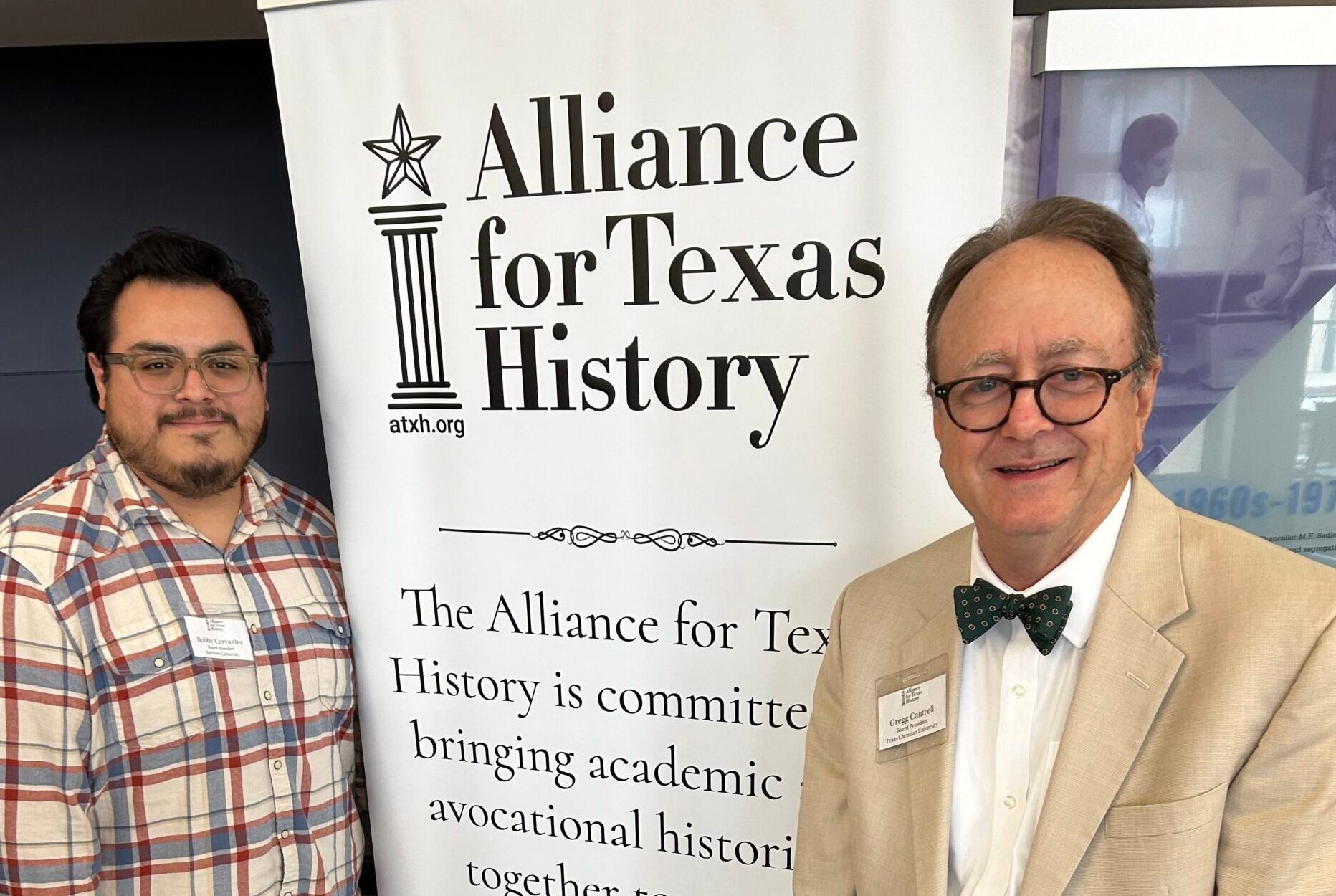ustxtxb_obs_1973_04_13_50_00007-00000_000.pdf
Page 1
The Connally touch By Francie Barnard Washington, D.C. No less than eight richly prized national bank charters flowed from the Treasury Department into the pockets of John Connally’s political and business cronies while “Juan John” was secretary of the treasury. At the same time, at least three charters were denied Republicans who had run for office in Texas against Connally’s Democratic machine. But there is nothing illegal or immoral about this. Just ask “Juan John”: “I didn’t have nothin’ to do with those charters. Why, there’re one hunnerd and seventy lawyers in my firm. Why you pickin’ on me?” Thus spake Connally after columnist Jack Anderson took some interest in the charters. Because in the 15 months that John Connally served as Nixon’s favorite cabinet member, the comptroller of the currency’s office, a bureau of the treasury, acted on those bank charter applications. Because one bank was chartered, organized, and is about to be directed by a former member of Governor Connally’s staff. Because . three of those hard-to-get went ent to members of Connally’s law firm. Because the Comptroller, a native Texan himself, reconsidered a charter application denied earlier, once it had acquired the Connally Midas touch. Because one of those Connally law firm charters was approved in a record three days, another in barely over a month. .. . During Connally’s year and a half custody of the treasury, Comptroller of the Currency William Camp acted on an application made by the former governor’s former press secretary, Mike Myers. Approval was given Myers to charter Love Field National Bank, which opens in Dallas around the first of April. Myers went into business with Connally immediately upon their departure from the Governor’s Mansion, first with the Trini’s Mexican Restaurant chain. He allowed that currently the two “aren’t in on much together ‘cept for a little ol’ real estate deal in Fort Worth.” This paltry venture happens to be the 750-acre Woodhaven, a planned community complete with country club and golf course for 8000 people. Myers also played down any role of the Treasury Secretary in action on the charters. He figured some “60, 70, or 80 charters must have been granted in Houston alone in the last three years”; then changed that estimate to “maybe 30 or 40 national and state charters.” [Emphasis added.] Francie Barnard is a Texas newswoman from El Paso who now works for columnist Jack Anderson in Washington, D.C. Myers explained that former Comptroller Saxon called for a moratorium on charters in Houston and Dallas, lasting three or four years in the late 60’s. But, growth has been fantastic, he said, “and that’s why there are suddenly so many now.” The Treasury, however, says the moratorium was never extended anywhere in Texas. In any case, Myers said he began planning his bank some three years ago, hiring “Dr. Johnson over at SMU as a consultant to find the best location,” and choosing Love Field, one block east of the intersection of Lemmon and Mockingbird. In addition, the name of that ubiquitous & Smith, appears on several chapter applications. Names of partners in the firm are listed as agents or organizers on the little green index cards Treasury officials keep as records of the new charters. Agents may simply handle the paperwork involved in applying for a charter, though they may also be in on the venture. Organizers are those who get the capital together, find the location, and obtain the title for the bank. Vinson, Elkins applications include three approvals in the 15 months Connally was at Treasury, including one in Raymondville, granted in an unprecedented three days, immediately before Connally’s successor, George Shultz, took over the Department. John Dawson, who acted as agent in that application, is a senior member of the firm who often deals in banking affairs, according to another lawyer there. “I don’t think we do many of those,” said a Vinson, Elkins attorney, “but we do have a banking section and people employ us if they don’t want it known who the real principals are if they own too many banks, or because of the property value in the area.” As to any Connally influence on the charters, a member of the firm said, “I think we over-compensated in trying not to use the Connally relationship. If you were going to use Connally in the role of . Treasury Secretary, there are better ways than bank charters. . . . You can only go to the well and drink so many times.” Vinson, Elkins did go to the Treasury with at least two more applications. The firm’s Ralph A. Harper acted as an agent for an Orange bank, approved in little over a month, just as Nixon’s heir apparent was leaving his Treasury job. Harper said simply, “To get a bank charter, you have to justify it on an economic basis.” Permission to charter Executive National Bank in Houston was granted Vinson, Elkins’ John Dawson, who acted as agent and was also listed as an organizer. The same day, a two-time gubernatorial candidate on the Republican ticket, Paul Eggers, was refused permission to charter the National Bank of the Americas in Houston. A Republican candidate for Congress and former aide to Senator John Tower also suffered from lack of the Connally magic. He was Joseph H. Staley, Jr., of Dallas, who was refused permission to charter the Security National Bank in Fulton, Texas. Ed Yturri requested permission to charter the Plaza National Bank in Harlingen in mid-1971. Yturri, a Republican who ran for state Attorney General in 1968, found his application stalled under Connally. It was denied a month after the Secretary returned to private life, then reconsidered and approved in February of this year, under Connally’s Republican successor. And there are more: Horace Hall, a leader of the politically powerful Independent Club in Laredo, got a charter for the City National Bank there, after much infighting among town factions with interests in other banks. Some Laredo bankers not in Hall’s group have filed suit in order to enjoin the charter, which they contend is clearly in violation of laws against branch banking. The Laredo Times killed the Anderson column in which this information was used. Horace Hall is the paper’s lawyer. An application for the American National Bank in Garland was approved through agent Ralph Pulley, Jr., of the Dallas firm, Phinney, Hallman, Pulley and Livingstone. One Phinney brother, Carl, is a National Guard General, prominent in that group of “Conservative Democrats”. The other, Bob, was appointed head of the IRS by Lyndon Johnson. In Austin, Connally faction member Tom W. Miller, son of the former mayor, received approval for a First National Bank of Roundrock. Another interesting application shows the magic of the Connally touch. It was filed for the Town North National Bank in Dallas before Connally went to Treasury. That application was initially denied. After Connally was named Secretary, the organizers shuffled names on the application, enlisted the law firm of Robert Strauss, Democratic National Chairman and longtime Connally chum, and within a year of reapplication, Town North was also approved. Strauss, of course, denied having had any Connally aid, but he also maintained the charter had never been turned down despite Treasury records to the contrary. “I thought so much of them \(the charter them!” he insisted. Town North’s directors apparently don’t return his esteem nowhere do they publicly acknowledge Strauss’ son as a fellow officer. April 13, 1973 7


